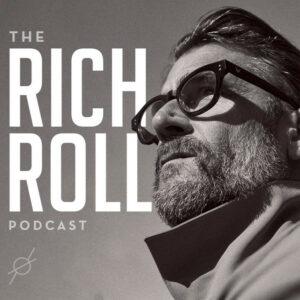
In this episode of “How I Built This with Guy Raz,” host Guy Raz interviews Donnel Baird, the founder of BlocPower, a company focused on decarbonizing buildings in low-income neighborhoods. Baird shares his journey from growing up in Brooklyn to becoming politically active and working for the US Department of Energy. He discusses the importance of greening buildings to address climate change and create job opportunities. Through BlocPower, Baird aims to make buildings greener, smarter, and healthier while providing financial returns. Join Guy Raz as he explores the reinvestment in our cities with renewable energy.
Buildings account for a significant portion of carbon emissions, and electrifying them with renewable energy is a crucial solution. Technological advancements have made it possible to decarbonize buildings quickly, leading to a more sustainable future.
Donnel Baird’s upbringing in Brooklyn instilled in him a desire to improve his community. His political activism during Obama’s campaign revealed the energy waste and neglect in low-income communities, fueling his passion for change.
Baird’s work with the US Department of Energy aimed to invest in greening low-income buildings, creating a new green buildings industry and retraining laid-off construction workers. This approach addresses both energy waste and the untapped potential of individuals.
BlocPower, initially a for-profit business, converts low-income apartment buildings into carbon-free buildings using solar panels. All fossil fuel equipment is replaced with all-electric equipment, including heat pumps that use CO2 as a refrigerant, putting a price on carbon.
A new financial product makes electrification more affordable by stretching out the cost over several years. Block Power handles financing and other aspects of clean energy projects. They have won contracts to decarbonize buildings in various cities and aim to go public for stability and transparency.
Through BlocPower, Donnel Baird is leading the charge in reinvesting in our cities with renewable energy. By decarbonizing buildings, we can address climate change, create job opportunities, and improve the lives of individuals in low-income communities. With the support of financial institutions, government incentives, and collaboration between cities, the vision of greener, smarter, and healthier buildings can become a reality.